The NCST sponsors sustainable-transportation K-12 curriculum, college-level courses, and advanced training programs for professionals.
Projects, Curricula, and Workshop Materials
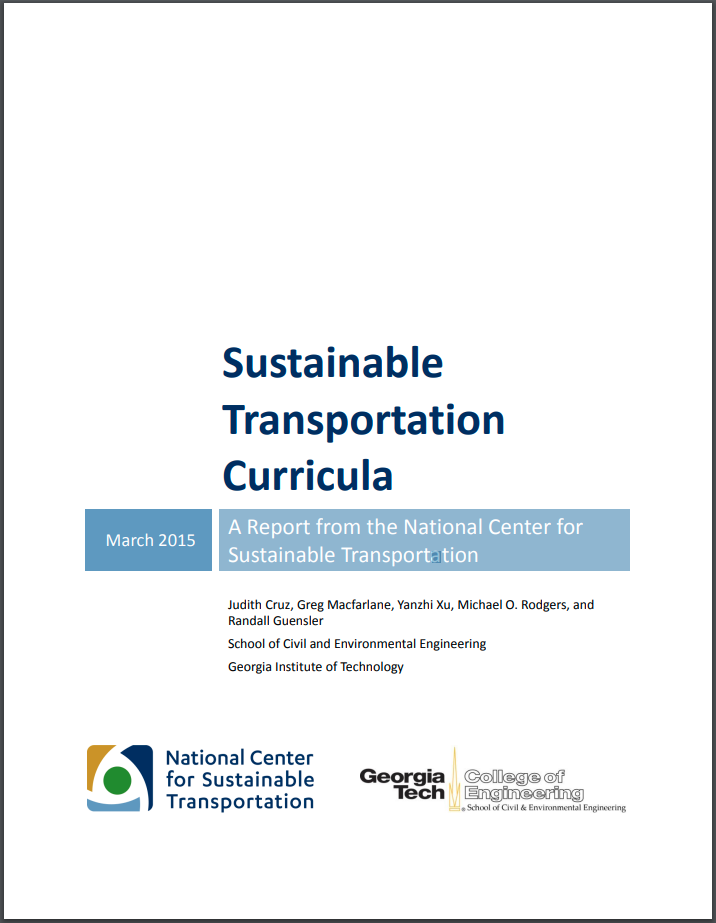
Sustainable Transportation Model Curricula
Over the last decade, academics have placed an increased emphasis on the incorporation of sustainability principles into their programs. Much of this effort has been at the grass-roots level, with sustainability modules appearing in individual courses or via new sustainability programs. A major goal of the National Center for Sustainable Transportation is to ensure that current and future transportation professionals are equipped with the necessary knowledge and skills to design, operate, and maintain sustainable transportation systems. This report summarizes common themes in existing curricula, including the general environmental focus and the diversity of delivery methods. Unique aspects of certain programs are identified and potential course content shortfalls are highlighted. The paper recommends specific sustainable transportation topics for inclusion in future courses.
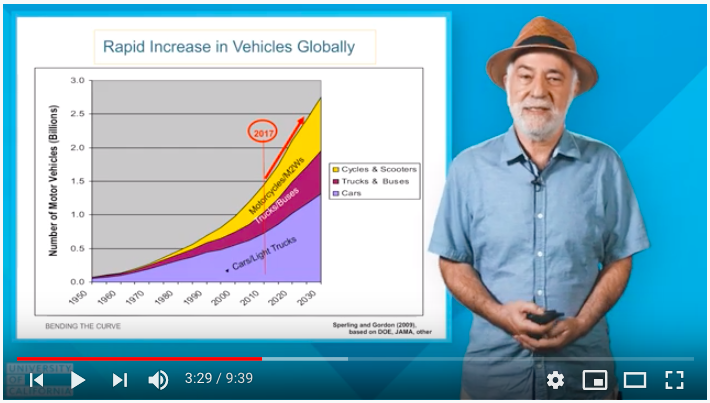
Bending the Curve
“Bending the Curve: Ten scalable solutions for carbon neutrality and climate stability” was an interdisciplinary and groundbreaking report out of the University of California. To help students from various academic backgrounds and fields of study to work together in identifying and exploring solution-focused projects, it was developed into a curriculum as well. The undergraduate level course was specifically designed to support the exploration of creative scalable solutions to climate change.
The NCST's Co-Director Dan Sperling of UC Davis and Associate Director Matt Barth of UC Riverside recorded video lectures as part of the transportation-related modules of the Bending the Curve curriculum. Click to view the transportation-related modules.
For more information on the full course, visit the "Bending the Curve: Climate Change Solutions" website: https://bendingthecurve.ucsd.edu.

Design the Future with Solar Energy: Solar Curriculum Project
The purpose of the “Design the Future with Solar Energy: Solar Curriculum Project” is to create an engaging solar curriculum for a broad range of students to explore. The goal of the solar curriculum is to combine the basics of solar energy with cutting edge solar technology with a hands-on fun approach that will inspire students to think creatively about solar energy innovation and sustainable transportation.

Automated Vehicles and the Built Environment: An Interactive Workshop
Automated vehicle technology holds the potential to revolutionize mobility. How and when this revolution might take place is subject to uncertainties related to technological feasibility, consumer perceptions, and institutional barriers. Anticipating how automated vehicle technology might affect and interact with our physical, natural, and social systems may help transportation professionals develop strategies to integrate automated vehicle technology into our transportation systems to support broad social and community goals. In response to this changing transportation world, ITS-Davis worked closely with Caltrans to develop and deliver a one-day workshop to California Department of Transportation staff.
Click for more information and to view the training agenda and workshop presentation.

Transportation and Energy - A Graduate-Level College Course
Transportation and Energy is a three-credit graduate level course by Dr. Michael Rodgers and Dr. Randall Guensler at Georgia Tech. This course explores the relationships between the transportation infrastructure, technology, and energy consumption, with a focus on the potential impacts of alternative transportation and energy futures.
Click for more information and to view course materials.
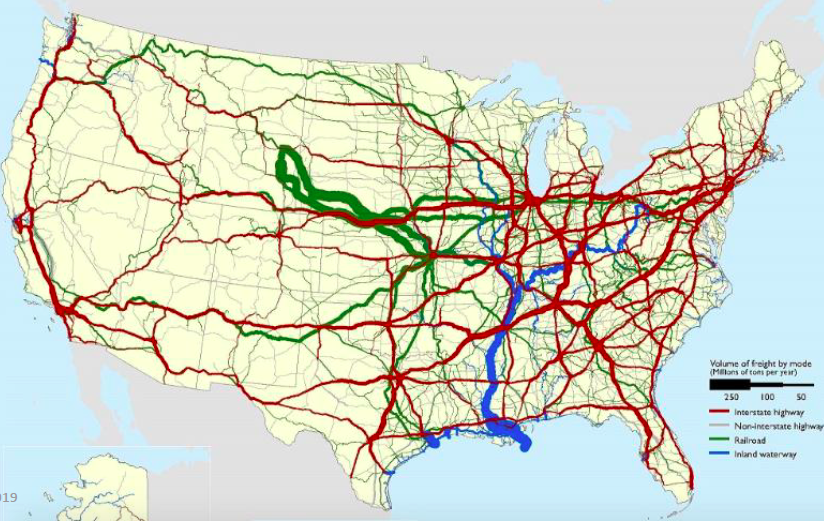
Transportation Fundamentals
The Transportation Fundamentals briefing series was an opportunity for staffers in the Legislature, Regulatory Agencies and NGOs who are new to the sustainable transportation space to familiarize themselves with important technologies, statistics and trends in electric vehicles, alternative fuels, sustainable freight.
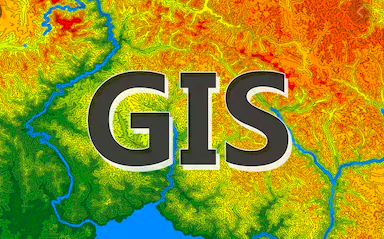
Introduction to GIS High School Workshop
The CSULB Center for International Trade and Transportation (CITT) has been developing an introductory GIS workshop for high school students with a focus on sustainable transportation. The workshop serves as the initial K-12 step of engaging the next generation into sustainable transportation career pathways. Click the link for more information.
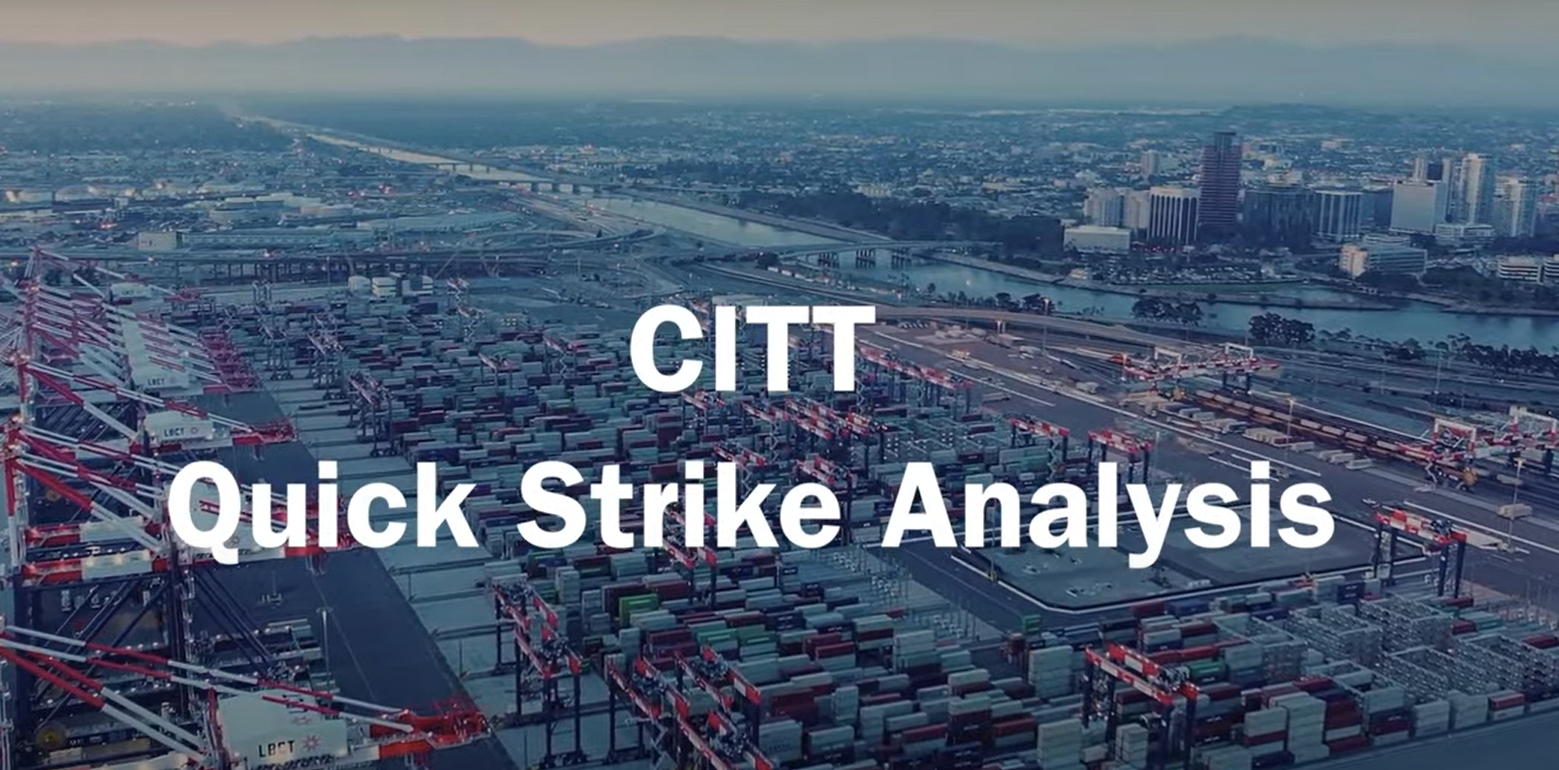
Freight and Environmental Policy Case Studies & Videos
In this project, CSULB developed a series of case studies designed to evaluate the impacts of freight-related environmental policies. The intended outcome is for students to learn case study methodology in researching policy development, implementation, and evaluation, thus providing additional tools for project analysis.
